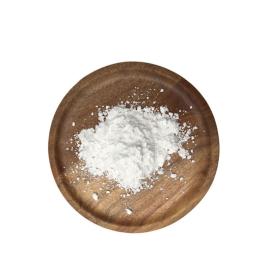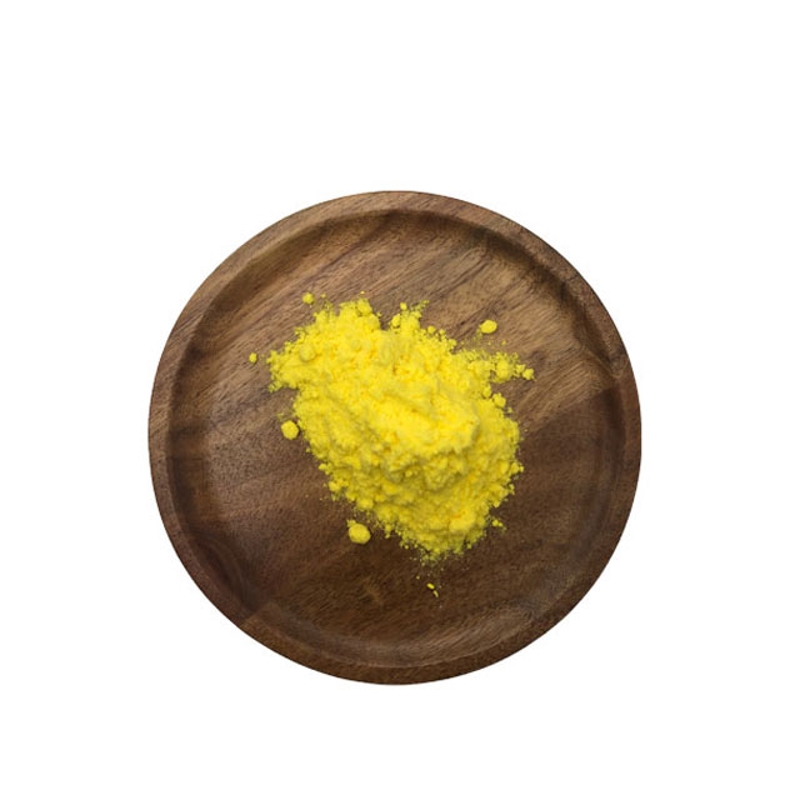Anti CD19 car-t cell therapy! Bristol Myers Squibb LISO cel outpatient treatment R / R NHL showed high remission rate (80%) and good safety!
-
Last Update: 2019-12-12
-
Source: Internet
-
Author: User
Search more information of high quality chemicals, good prices and reliable suppliers, visit
www.echemi.com
December 12, 2019 / BIOON / -- the 61st annual meeting of the American Society of Hematology (ash2019) was recently held in Orlando, Florida, USA At this meeting, BMS published the results of a separate analysis of patients with relapsed or refractory large B-cell non-Hodgkin's lymphoma (R / R B-NHL) who received anti-CD19 car-t cell therapy in three studies This analysis involved three studies: the overseas study (n = 13), the transcend NHL 001 study (n = 25), and the pilot study (n = 6) Among them, the overseas study is the only trial to evaluate car-t cell therapy in a non University Center outpatient environment, including treatment sites not certified by the foundation for the accreditation of cellular therapy Outpatient treatment requires patient education, caregivers, and access to treatment sites for car T cell therapy In addition, each site has a specific preparation plan for patient care and monitoring of adverse events such as cytokine release syndrome (CRS) and neurological events (NE) in an outpatient setting In this analysis, 44 patients who received LISO cel outpatient treatment on the first day of the three studies were evaluated at the end of the data period 17 patients (39%) experienced CRS, 13 patients (30%) experienced ne Among them, 1 case of CRS ≥ 3 and 2 cases of NE ≥ 3 were reversible Nine patients were treated with tocilizumab and / or corticosteroids 55% (24 / 44) of the patients needed hospitalization at a certain time point, and all of them were from the transcend study or the overseas study Nine patients (20%) were admitted on study day 4 or earlier Two patients (5%) needed ICU level care with a median of 4 days No patients in the pilot study were hospitalized for the first 29 days After treatment, the median time of hospitalization was 5 days (range: 2-22 days), and the median time of hospitalization was 6.5 days (range: 1-23 days) Any level of teae reported in at least 20% of patients includes fatigue, neutropenia, loss of appetite, CRS, anemia, constipation, nausea, headache, cough, dizziness, hypotension, thrombocytopenia, vomiting, back pain, diarrhea, hypomagnesemia, and tremor In the whole analysis, the overall response rate (ORR) was 80% (35 / 44), and the complete response rate (CR) was 55% (24 / 44) Stanley Frankel, senior vice president of cell therapy development at Bristol Myers Squibb, said: "as we continue to evaluate LISO cel in important new disease environments and areas that do not meet medical needs, we encourage early results from these studies The analysis of LISO cel evaluation in the outpatient environment shows that not all patients need hospitalization, and the safety and efficacy profiles of different types of clinical sites are consistent " LISO cel was developed by Juno, and Juno was newly acquired on the basis of US $9 billion in January 2018 It is a car-t cell therapy targeting at CD19 antigen and taking 4-1BB as co stimulatory region, in which CD4 + and CD8 + car-t cells have an accurate 1:1 ratio LISO cel represents the current best in class CD19 targeted car-t therapy, which has previously been awarded a breakthrough drug qualification by the US FDA In early January, Bristol Myers Squibb announced a $74 billion acquisition of new base After a series of twists and turns, the huge acquisition was successfully completed on November 21, 2019 LISO cel is expected to become the third car-t cell therapy on the market, which is in line with Novartis, the two car-t cell therapies on the market Kymriah and Gilead yescarta target the same target, but the patients who received LISO cel treatment separated CD4 cells and CD8 cells in advance before carrying out chimeric antigen receptor (car) transduction, and then the cells after the respective transduction were retransmitted to the patients in a specific ratio of 1:1, which is better than the safety data of other car-t therapies, such as the overview of cytokine storm The rate is lower Original source: Bristol Myers Squibb announcements studies evaluating list cel in multiple additional patient populations, site of care and disease areas presented at American Society of Geography (ash) annual meeting
This article is an English version of an article which is originally in the Chinese language on echemi.com and is provided for information purposes only.
This website makes no representation or warranty of any kind, either expressed or implied, as to the accuracy, completeness ownership or reliability of
the article or any translations thereof. If you have any concerns or complaints relating to the article, please send an email, providing a detailed
description of the concern or complaint, to
service@echemi.com. A staff member will contact you within 5 working days. Once verified, infringing content
will be removed immediately.







